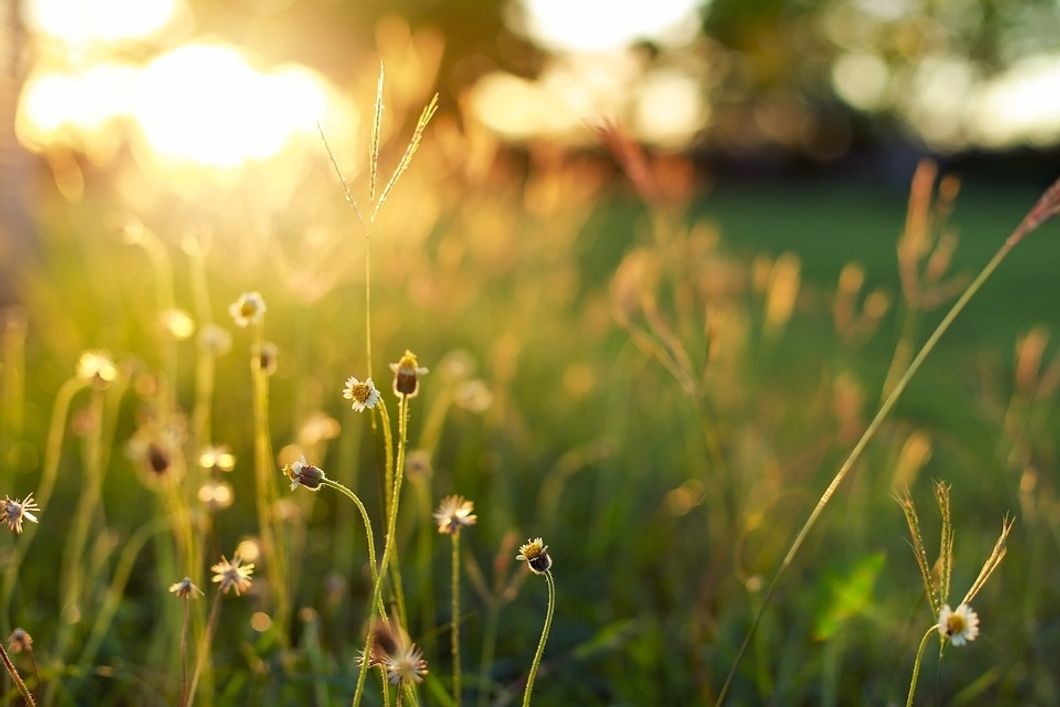"I would honestly rather die than be treated in there," said the doctor sitting across from me as he smoothed out the wrinkles in his signature white coat. "Too much exposure to infections and diseases, unethical procedures...the best option these people have is to die before there's no other choice but to go there." He was talking about Black Lion Hospital in the middle of Addis Ababa, Ethiopia. I stared at the building as we drove by in our designated missions team bus. I thought about the eight-year-old boy I'd met whose body had been scorched by third-degree burns, and I imagined what inadequate care or a hospital infection would have done to him.
There was a slim chance he survived.
Despite the cynicism of the American doctors, the medical aid available to the little boy in Addis was better than nothing—but not by much. Leaving after two weeks felt irresponsible when there was still so much to do. According to the Ethiopians, it's typical for American medical teams to address immediate health problems and then return home as quickly as they came without making any lasting change. I don't want to be another plushy American hero. I want to understand the social, economic and medical complexities underlying failing healthcare systems and make a change.
When I think about the plight of those living on the margins in developing nations, I am reminded of the words of American journalist and social activist Dorothy Day, "the best thing to do with the best things in life is to give them up." Growing up in a wonderful family, living in a beautiful neighborhood in Brooklyn, enjoying many privileges and luxuries and being personally treated by the finest surgeons in the world as result of my bilateral Hip Dysplasia, I have indeed received some of the best things in life. And it is my desire to give away even more. The trip that I took to Ethiopia when I was fifteen not only solidified my dream to become a doctor but expanded it. I want to practice medicine, while also giving up my time, money, and resources to train aspiring doctors in developing countries.
It is my hope that for every new doctor that I train, hundreds of patients will be saved.
Do you have a dream? If you don't have some amazing plan cooked up, don't fret, but I want to encourage you to contemplate what your gifts and desires are. What are you most happy doing? How can you take your talents, hobbies, or side projects and use them to love other people? You don't need to be trapped within the confines of your major or job; utilize your gifts to do good. Be the light for others; you'll be happier and so will the people around you.

















